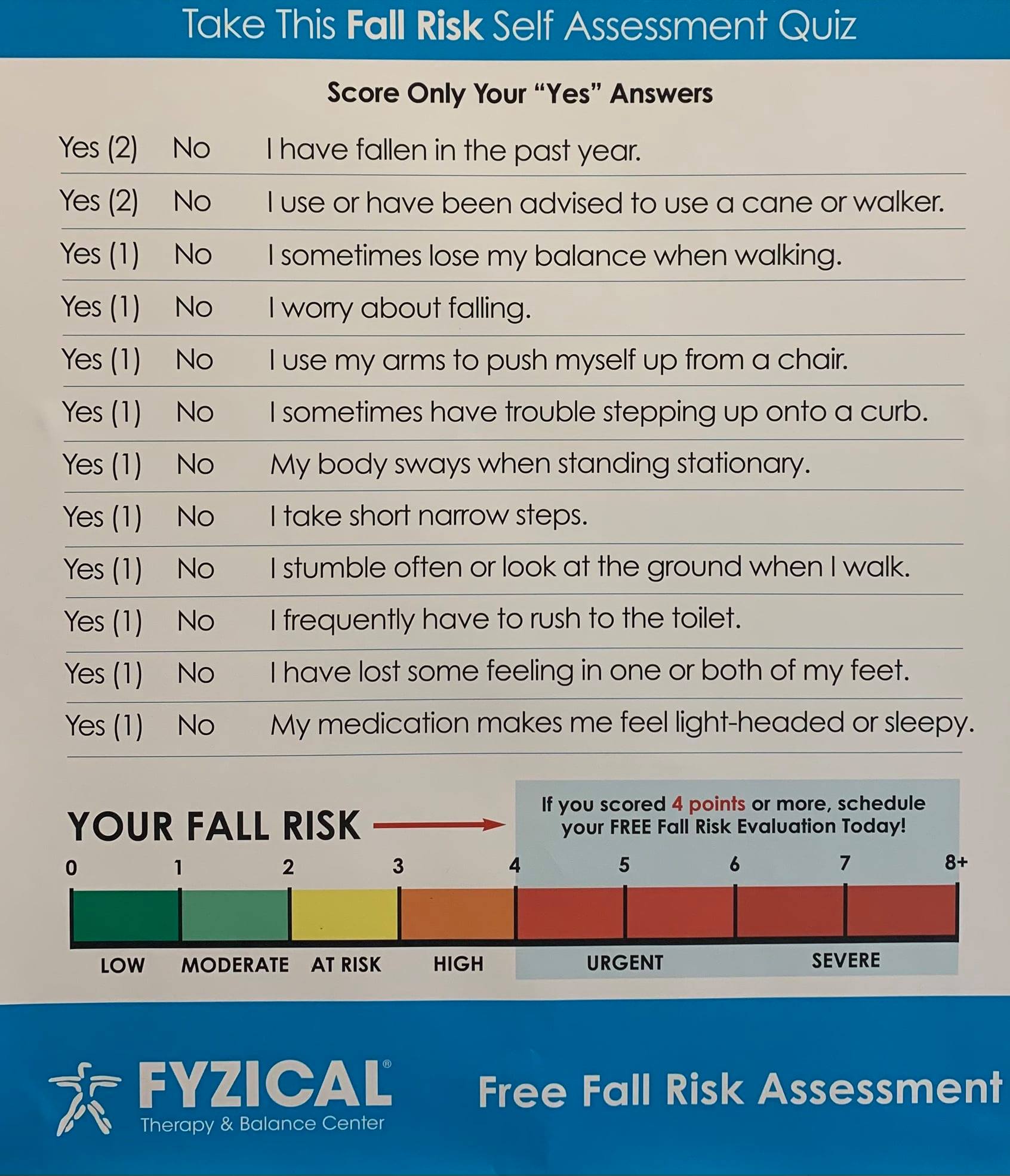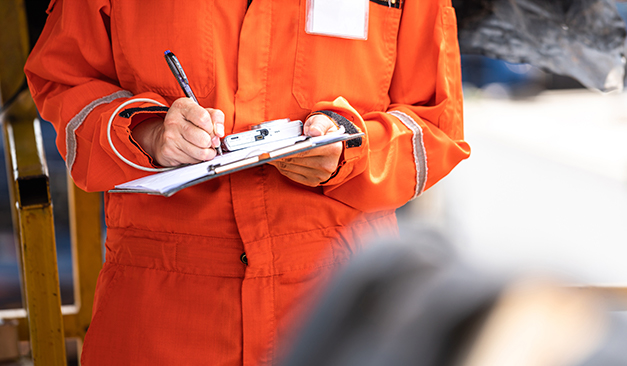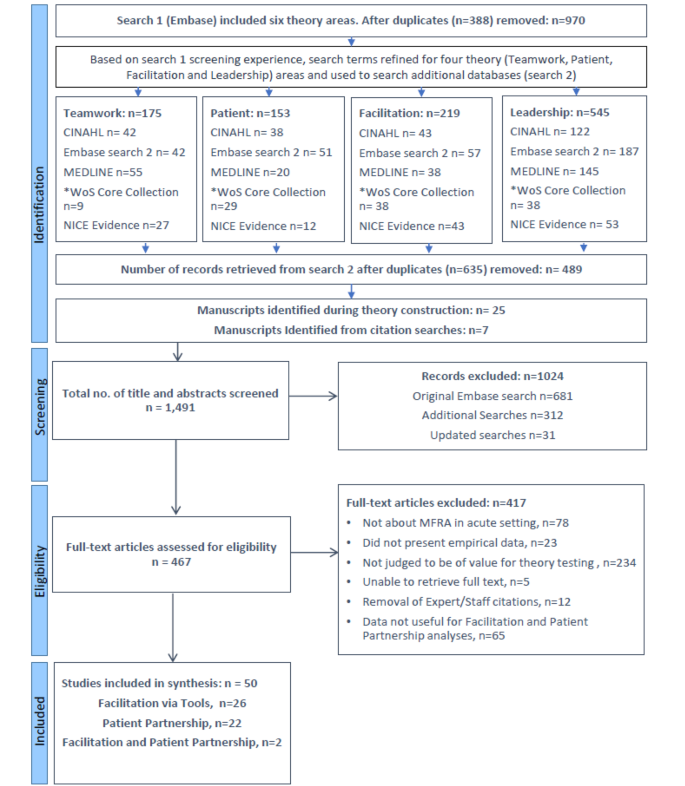Not known Facts About Dementia Fall Risk
Table of ContentsDementia Fall Risk Things To Know Before You Get ThisExamine This Report about Dementia Fall RiskDementia Fall Risk Can Be Fun For Everyone6 Easy Facts About Dementia Fall Risk ExplainedEverything about Dementia Fall Risk
Assessing autumn danger assists the whole health care group create a safer atmosphere for each and every person. Ensure that there is a designated location in your clinical charting system where team can document/reference scores and record appropriate notes associated with fall avoidance. The Johns Hopkins Autumn Risk Evaluation Device is just one of several devices your personnel can utilize to assist stop negative medical events.Client falls in medical facilities are common and debilitating adverse occasions that linger in spite of decades of effort to minimize them. Improving interaction across the evaluating registered nurse, care group, individual, and client's most involved loved ones might reinforce autumn prevention initiatives. A group at Brigham and Women's Health center in Boston, Massachusetts, looked for to establish a standard loss prevention program that centered around boosted communication and individual and household involvement.

The technology team emphasized that successful implementation relies on individual and personnel buy-in, combination of the program right into existing process, and fidelity to program procedures. The group kept in mind that they are facing how to guarantee connection in program implementation throughout periods of situation. During the COVID-19 pandemic, for instance, an increase in inpatient falls was linked with constraints in individual interaction together with restrictions on visitation.
Dementia Fall Risk Can Be Fun For Anyone
These occurrences are usually thought about preventable. To execute the treatment, organizations need the following: Accessibility to Fall ideas resources Fall pointers training and re-training for nursing and non-nursing personnel, consisting of brand-new nurses Nursing process that allow for client and family members engagement to perform the falls evaluation, guarantee use of the prevention strategy, and conduct patient-level audits.
The results can be highly damaging, typically increasing client decline and triggering longer health center stays. One study approximated remains raised an extra 12 in-patient days after a person autumn. The Fall TIPS Program is based upon engaging clients and their family/loved ones throughout 3 primary procedures: analysis, customized preventative treatments, and bookkeeping to make sure that individuals are participated in the three-step loss prevention process.
The patient analysis is based on the Morse Loss Range, which is a validated autumn threat evaluation tool for in-patient health center setups. The range consists of the 6 most usual factors patients in healthcare facilities drop: the individual fall history, high-risk problems (consisting of polypharmacy), use IVs and various other exterior tools, psychological standing, gait, and mobility.
Each risk variable links with one or more workable evidence-based treatments. The registered nurse develops a plan that includes the treatments and shows up to the treatment team, client, and family members on a laminated poster or published aesthetic help. Nurses develop the strategy while meeting the individual and the person's family members.
The Ultimate Guide To Dementia Fall Risk
The poster functions as an interaction device with various other participants of the person's treatment team. Dementia Fall Risk. The audit part of the program includes analyzing the person's understanding of their risk factors and avoidance strategy at the unit and medical facility levels. Nurse champions perform at least 5 specific interviews a month with patients and their family members to inspect for understanding of the loss avoidance plan

A projected 30% of these falls result in injuries, which can vary in intensity. Unlike other unfavorable events that call for a standard professional feedback, fall prevention depends highly on the demands of the individual. Consisting of the input of people who recognize the individual ideal permits greater personalization. This approach has actually verified to be extra efficient check my blog than autumn prevention programs that are based largely on the manufacturing of a threat score and/or are not customizable.
Unknown Facts About Dementia Fall Risk

Based upon auditing outcomes, one website had 86% compliance and 2 websites had over 95% conformity. A cost-benefit evaluation of the Fall pointers program in 8 health centers approximated that the program expense $0.88 per client to implement and caused cost savings of $8,500 per 1000 patient-days in direct prices associated with the prevention of 567 tips over three years and eight months.
According to the innovation group, organizations curious about carrying out the program should carry out a readiness analysis and falls avoidance gaps evaluation. 8 Furthermore, companies ought to ensure the needed framework and process for implementation and create an implementation strategy. If one exists, the organization's Autumn Avoidance Job Force must be involved in preparation.
The Facts About Dementia Fall Risk Revealed
To start, companies ought to guarantee completion of training modules by registered nurses and nursing aides - Dementia Fall Risk. Medical facility personnel need to examine, based upon the needs check this site out of a medical facility, whether to utilize a digital wellness document printout or paper variation of the loss prevention plan. Executing teams should recruit and train nurse champions and establish processes for auditing and reporting on loss information
Team require to be associated with the process of revamping the workflow to engage patients and family in the evaluation and avoidance plan procedure. Solution must be in location to ensure that devices can comprehend why a loss took place and remediate the reason. More specifically, registered nurses ought to have networks to offer recurring responses to both personnel and unit leadership so they can adjust and boost fall avoidance process and communicate systemic problems.